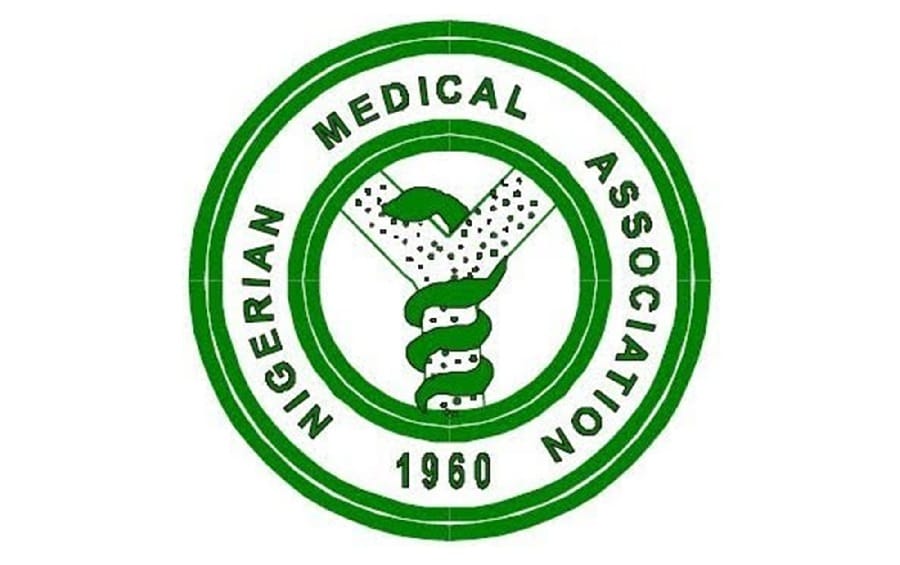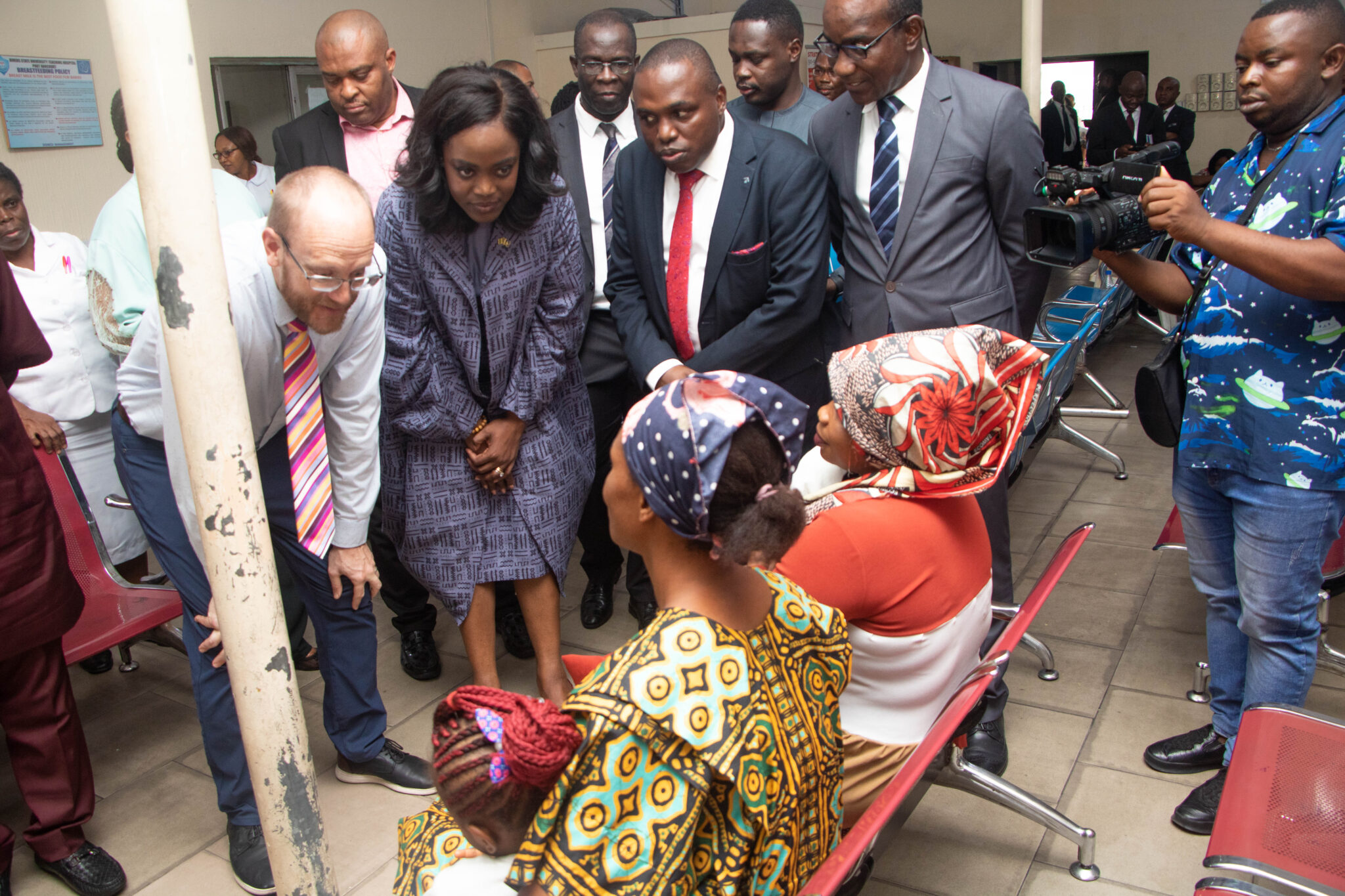By Ojoma Akor
Infection Prevention and Control ( IPC) is crucial for the prevention and control of infectious diseases.
Experts said this makes it important for adequate funding for IPC in the country.
In Nigeria, funding for IPC have remained grossly inadequate .This has further contributed to high number of infections among patients and health care workers.
In 2024, there was no budget line for IPC for the Nigeria Centre for Disease Control and Prevention (NCDC).
The NCDC and National Primary Health Care Development Agency (NPHCDA)
are the two agencies coordinating national IPC activities.
Earlier in 2023, the budget for IPC to the NCDC was less than 0.0001% of
the approved health budget.
The inadequate funding fuels poor availability of IPC resources or materials, training, as well as implementation of protocols at both the national and sub- national levels.
However, in 2025, the government re-established the budget line for IPC to the NCDC while the National Primary Health Care Development Agency (NPHCDA) which is in charge of IPC implementation at the primary health care level was not allocated a budget line for IPC. Although IPC is funded through the health promotion budget line of the agency.

The data from the 2025 budget showed that a total of N200 million was allocated to NCDC for IPC while N540 million was allocated to the NPHCDA, for health promotion and laboratory activities including IPC.
While the federal government’s efforts in re-establishing the budget line for IPC is commendable, it is also very important for the Federal Ministry of Finance
to ensure timely release of the appropriated funds to
the NCDC and NPHCDA.
This is because delay in budget release also affects and delays implementation of IPC programmes at health facilities including at the primary healthcare level in the country.
What is Infection prevention and control?
According to the World Health Organization (WHO) Infection prevention and control (IPC) is a practical, evidence-based approach preventing patients and health workers from being harmed by avoidable infections.
WHO said effective IPC requires constant action at all levels of the health system, including policymakers, facility managers, health workers and those who access health services.
It said,” IPC is unique in the field of patient safety and quality of care, as it is universally relevant to every health worker and patient, at every health care interaction. Defective IPC causes harm and can kill. Without effective IPC it is impossible to achieve quality health care delivery.
“Infection prevention and control effects all aspects of health care, including hand hygiene, surgical site infections, injection safety, antimicrobial resistance and how hospitals operate during and outside of emergencies. Programmes to support IPC are particularly important in low- and middle-income countries, where health care delivery and medical hygiene standards may be negatively affected by secondary infections.”
According to Rita Okonkwo, the Global Health Security Lead at the Institute of Human Virology Nigeria (IHVN), In Nigeria, there are poor practices regarding IPC mainly due to the inadequate capacity of facilities to implement the recommended standard practices.
She said, “Capacity to implement standard IPC practices is weak in Nigeria and needs significant investment for improvement. The COVID-19 pandemic highlighted the need to further strengthen broad capacity for IPC. We experienced widespread COVID-19 infections in healthcare facilities, which resulted in closure of several healthcare facilities. We found weak capacity to screen, rapidly identify and notify the relevant government agency as part of recommended preventive strategy.”
Why timely release of budgetary allocation is important
The National Coordinator of the Epidemic Ready Primary Health Care (ERPHC) Project , Dr Moreen Kamateeka, said that timely release of the funds would help close the current gaps in IPC in the country.
She explained that budgetary allocation for IPC has been grossly inadequate over the years with a paltry N50 million allocated to NCDC , and nothing to NPHCDA in the 2023 budget. There was also no budgetary allocation for IPC in the 2024 budget.
She said, “Even the 50 million that was allocated to NCDC in 2023, not up to 40% of it was utilized. Which was why it was removed completely the next year.”
Kamateeka said this further caused a dearth of resources for IPC activities in the country.
“One major gap we identified is inadequate supply of IPC materials, from Personal Protective Equipment (PPEs) to hand sanitizers to even the hand washing stations where health care workers wash their hands. All those basic IPC supplies were not there because they don’t have their own domestic funds. So those gaps persisted,” she stated.
While commending the federal government for the budgetary allocations for IPC in the 2025 budget, she added that timely release as well as effective utilisation was crucial.
She said , “Everything we do in healthcare institutions without IPC puts everyone at risk. IPC is the cornerstone for health security.”

Also the Africa Health Budget Network (AHBN) has called on the Federal Government to urgently release the 200 million allocated for IPC in the 2025 approved national budget.
The group said releasing the funds on time is critical to protecting public health and improving hygiene and safety standards in health facilities across the country.
AHBN commended the Federal Government, Federal Ministry of Health and Social Welfare (FMOH) and the NCDC)for including the funding in the 2025 Approved Budget.
It said, “The allocation is captured under the budget line titled “Health Promotion and Disease Prevention/IPC”, with the code ERGP25217466. This marks a big step forward in supporting Nigeria’s national IPC efforts and advancing its health security goals.
“AHBN also acknowledges and appreciates the role of AFENET and Resolve to Save Lives (RTSL) for their technical support and funding during the advocacy efforts that led to the reinstatement of the IPC budget line after it had been excluded in the 2024 fiscal year. With support from these partners, AHBN led sustained advocacy, including engagement with the Budget Office of the Federation, policy discussions with key agencies, and public awareness campaigns through media and civil society platforms”.
Dr. Aminu Magashi Garba, Founder and CEO of AHBN, welcomed the progress but stressed the need for urgency:
“We are calling on the federal government to promptly release the 200 million allocated to IPC in the 2025 budget. These funds are critical for implementing ₦essential IPC measures across healthcare facilities, including provision of constant water supply, electricity, liquid soaps, sterilizing machines, cleaning supplies, hand washing basins, and procurement of Personal Protective Equipments (PPEs). Releasing these funds is not just a matter of operational functionality, but a crucial step in advancing Nigeria’s health security agenda.”
The AHBN CEO added that if NCDC releases the funds quickly and uses them effectively, it could unlock even more opportunities:
He said, “First, it would strengthen Nigeria’s case for increased IPC funding in the 2026 budget, based on demonstrated results.
“Secondly, it would boost confidence among international donors, showing that Nigeria is committed to improving infection control and willing to invest its own resources, making it likely to attract more support from international donors and development partners.
“AHBN is calling the attention of the NCDC Director-General, Dr Jide Idris to these opportunities and urging the agency to act quickly so that the benefits can reach health workers and patients in facilities across the country, especially those in rural and under-resourced areas.”
He said the funds are expected to support the rollout of Nigeria’s National IPC Operational Plan, under the leadership of NCDC with the oversight of the Coordinating Minister of Health and Social Welfare, Professor Muhammed Ali Pate.




